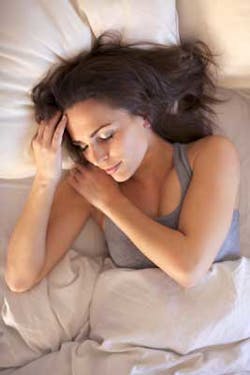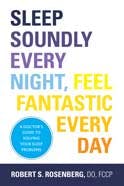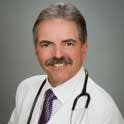The dentist's place in sleep medicine
The problem we sleep specialists face is that although we have a very effective treatment — CPAP — only about 65% of our patients can tolerate it when followed over the course of a year. As a result, oral appliances have become the best alternative available.
ADDITIONAL READING |Are you screening for sleep apnea when treatment planning occlusal guards?
Most studies have shown that oral appliances are most effective when we dealing with mild to moderate sleep apnea, which is defined by an apnea-hypopnea index of between five and 29 events per hour. Still, there are many examples of the appliances working even in severe sleep apnea. In fact, Medicare will approve an oral appliance, even in severe sleep apnea, if the patient cannot tolerate CPAP.
ADDITIONAL READING |Oral appliance therapy vs. nasal CPAP in obstructive sleep apnea: an award-winning study on psychological distress
The problem has been an inability to predict who will benefit from these oral appliances. However, to quote Bob Dylan, “The times they are a-changin’.” There are now devices that can help predict the efficacy of these appliances before they are made. In fact, one such study will be published next month in the Journal of Clinical Sleep Medicine. Additionally, we now have the ability to further advance these devices in the sleep laboratory. As an example, my sleep techs commonly turn an unsuccessful titration into a successful one with a few turns, the referring dentist having provided them with advancement parameters.
Therefore, the take-home message is that the field of dental sleep medicine is alive and well. I would advise dentists who are interested in this field to seek training. Then I would recommend that you let the sleep specialists in your community know what you can offer them and their patients. When new advances in oral appliance therapies are made, bring it to their attention. Do not take for granted that we are as well informed about these matters as you. In fact, in my own case I have learned a great deal from my dental colleagues who either call or visit my sleep center. In some cases, they have sent me copies of studies that have appeared in their journals, which I greatly appreciate.


